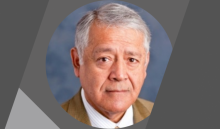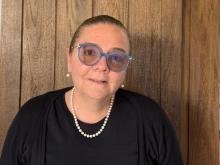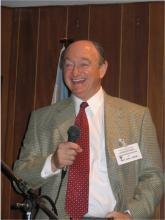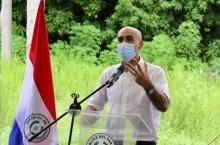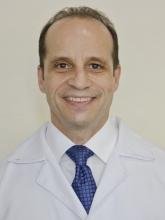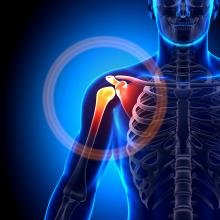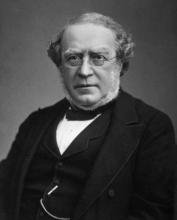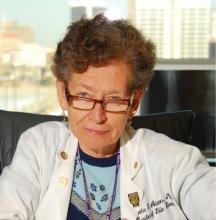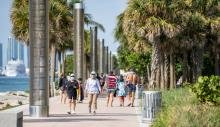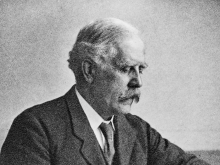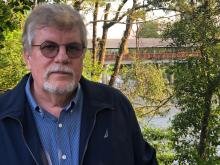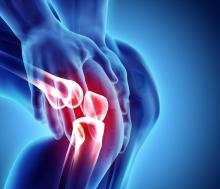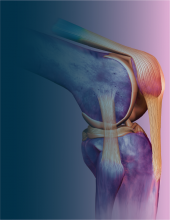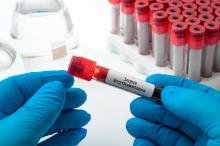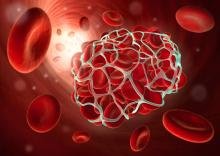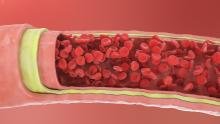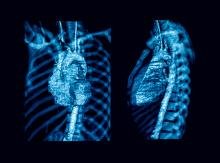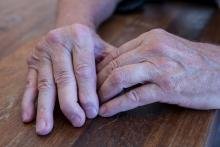PANLAR 2022: an overview of the scientific program
Estefanía Fajardo
Miami will be the scene of the reunion. The PANLAR 2022 Congress will return to face-to-face meetings after two years through screens. It will return, from August 10 to 13, with content, works, and research, products from the region and offering a high standard, as highlighted by Licia Mota, president of the Scientific Committee.
“At PANLAR 2022 we will see a sample of the high-level research produced in the area of rheumatology in the Americas, especially in Latin America. We will have scientific sessions in which the most recent PANLAR recommendations for different rheumatic diseases will be presented and discussed, as well as original research work performed in several Latin American countries,” said Dr. Mota.

She emphasizes that the entire scientific program is "quite interesting and has several unmissable topics", highlighting the session in which the experiences of the Research Units of some Latin American rheumatology societies will be presented, including the Brazilian Society of Rheumatology, the Argentine Society of Rheumatology and the PANLAR Research Unit itself.
For Mota, it is clear and evident that scientific research has been evolving enormously in Latin America, "proof of this are the experiences that will be presented in a session that will discuss the experiences of the Research Units of the regional Societies and PANLAR itself, in addition to the excellent quality of the free topics presented, which range from basic research to clinical science”.
Furthermore, she remembers that the selection process of the works to be presented was an immense challenge. “There were so many papers and of such high quality that it really was a challenge to select the ones to be presented, as well as the oral presentations”, and for this process they considered the scientific quality, originality, and potential impact on clinical practice. "The scientific committee carefully evaluated all the presented papers, and a classification system was established considering the issues raised”, she adds.
She explains that the topics “we believe will have the greatest impact on the clinical practice of Latin American rheumatologists, addressing technological and therapeutic innovations, but also day-to-day challenges, were chosen. The sessions that will bring updates to the PANLAR guides and regional societies for the management of certain conditions could not be missing either.”
Although it is difficult to recommend sessions on account of different tastes, Dr. Mota has found some specially exciting: “The 'Metrics in Fibromyalgia' session provides a very interesting and innovative look at the monitoring of pain syndromes. Another session that should attract attention is the one on pathologies that are difficult to handle by the rheumatologist, entitled 'Not so elementary...' The free topic sessions (abstracts) are also quite diverse and appealing”, she assures.
“Unfortunately, it was impossible to include all the works and topics that we would like to have in this year's event. The educational proposals presented were excellent, with many innovative areas, including the use of technology and media for doctor-patient communication, narrative medicine and humanizing interventions, and the importance of gender equity in rheumatology. We hope to be able to include these important topics in the next editions of PANLAR”, states the president of the Scientific Committee.
Among Dr. Mota’s recommendations for those attending the congress, she emphasizes:
1. Study the schedule in advance to choose the sessions that most interest you.
2. Be sure to review the oral presentation sessions.
3. Abstracts to be submitted in digital format are excellent, they are also an excellent option.
The complete schedule of activities, with details of all sessions day by day, can be reviewed here (hyperlink: https://congreso-panlar.com/programa-completo/).






















